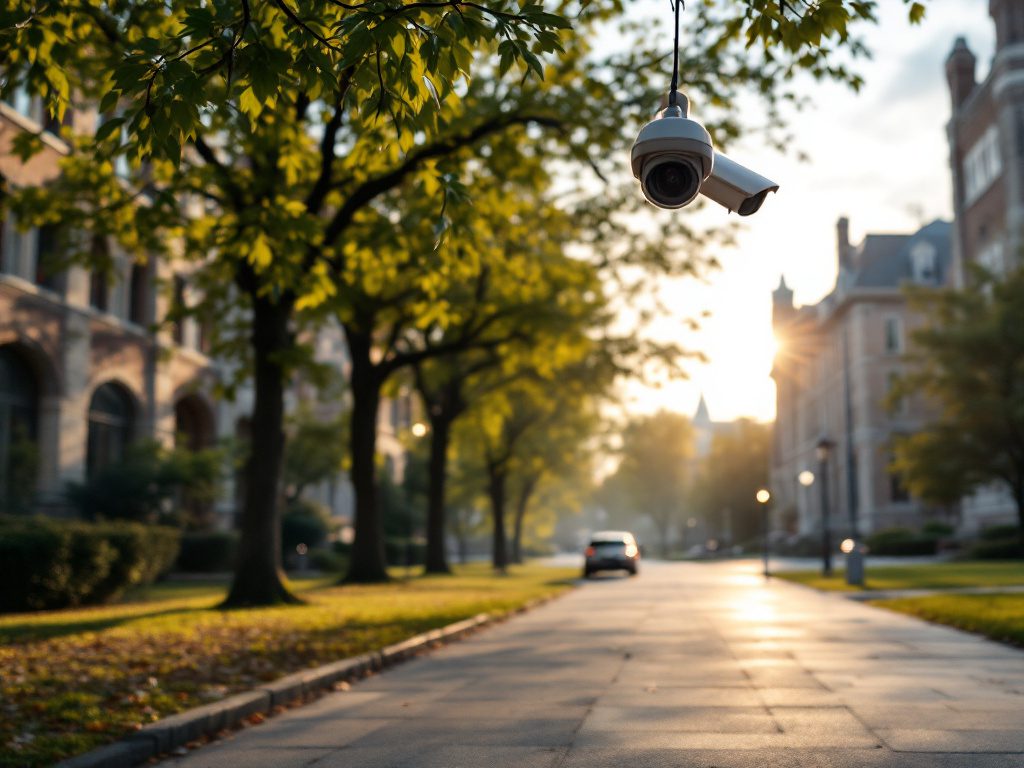Tragedy Strikes the Heart of a Campus
The morning of April 17 in Tallahassee, Florida, began like any other—students shuffling to class, professionals preparing for meetings, the restless anticipation of spring lingering in the air. That fragile sense of normalcy shattered in less than five minutes as gunfire rang out across Florida State University’s campus, claiming two lives and injuring six more.
Among those lost was Tiru Chabba, a 45-year-old husband, father of two, and regional vice president of Aramark Collegiate Hospitality, on campus for work. Chabba, originally of Greenville, South Carolina, was widely respected—his death, an unthinkable blow, rippled from his immediate family outward to colleagues in South Carolina and beyond. The other victim, Robert Morales, served devotedly as FSU’s dining coordinator. Both men were pursuing nothing more than a day’s honest work.
Police later identified the shooter as Phoenix Ikner, a 20-year-old junior majoring in political science. In a chilling sequence, Ikner arrived on campus, walking through buildings and green spaces, firing randomly with a handgun over a period of less than five minutes before being confronted and wounded by law enforcement. Authorities have yet to offer insight into Ikner’s motive—a lingering question for a shaken campus and a nation tired of evasive explanations.
Families Demand Accountability—But Will They Find Justice?
The aftermath for Chabba’s family has been excruciating. His wife and children are left reeling, their future abruptly altered. The loss isn’t just personal; it is a deeply public wound—a reminder that people doing their jobs can abruptly become statistics in America’s ceaseless cycle of gun violence. Bakari Sellers and Jim Bannister of Columbia’s Strom Law Firm now represent the Chabba family, announcing a commitment to “ensure all those responsible are held to account.” They underscored a point often lost in national debates: there can be no justice without systemic change.
This tragedy echoes broader failures. School and campus shootings have become heartbreakingly routine. The Gun Violence Archive reveals that, as of 2024, the U.S. has suffered over 140 mass shootings just this year. Why do American families continue to pay such heavy human costs in public spaces meant for learning and community?
Cities like Greenville, SC, and Tallahassee must now unite in both grief and the pursuit of safety. Republican lawmakers, often quick to offer condolences, have again resisted calls for even moderate gun reforms. The familiar cycle of hand-wringing statements—followed by legislative inaction—is not merely frustrating. It is deadly. University campuses are a microcosm of American society. Students, faculty, and visitors are united by a desire to learn, teach, and work in safety. Yet, for every candle lit in memory, there is a corresponding failure to enact measures proven effective elsewhere: comprehensive background checks, restricting assault weapons, and making mental health resources accessible and destigmatized.
“When our most cherished spaces are vulnerable, how can we claim to value life, liberty, and the pursuit of happiness above all?”
Social progress demands the courage to confront uncomfortable truths. According to the Centers for Disease Control and Prevention (CDC), firearm injuries are now the leading cause of death for children and teens in the United States—a grim indication of priorities gone astray. Meanwhile, campus safety officers and university administrators nationwide remain on high alert, balancing the imperative to protect with the realities of limited resources and political gridlock.
The True Cost: Communities Reeling, Change Deferred
Rhetorical gestures and temporary spikes in security do little to address underlying problems. What’s needed, Harvard public health scholar Dr. David Hemenway notes, is “evidence-based policy, not just reactionary vigilance.” Gun violence is not an inevitable byproduct of American culture; it is the result of tangible, often deliberately chosen policy pathways. Other high-income democracies do not suffer from this constant drumbeat of mass tragedy. What, then, prevents America from breaking the cycle?
Beyond that, the chilling frequency of such attacks erodes trust and belonging on campus, in the workplace, at places of worship—anywhere crowds gather. This spills into our broader culture, throttling optimism about the future. Research by Pew shows a marked decline in Americans’ belief that schools are safe. It’s not only mental health that suffers: learning falters, economic prospects darken, and a generation is left questioning what kind of country they will inherit.
This is not a challenge that only liberals or progressives care about—it’s a national emergency that transcends party line. Still, conservative reluctance to address the root causes of gun violence—to even allow research and discussion at the federal level—continues to undermine meaningful progress. History is clear: moments of great social upheaval, from the civil rights movement to the fight for marriage equality, have required uncomfortable conversations and bold legislative steps. So, too, must the push for safer public spaces.
A closer look reveals that real accountability isn’t found in soundbites or thoughts and prayers. It resides in the hard, often politically costly, choices demanded of our leaders. Until that courage is summoned, families like the Chabbas will remain both mourners and advocates—compelled to transform private grief into public action.

